Is it possible to make a living trading and how to do it, what novice traders need to know and consider when trading on the stock exchange. Many beginners can imagine the image of a Hollywood movie trader. Modern trends have contributed to this image: an advertisement for a training course or an information resource positions a trader as a free person who leads a hedonistic lifestyle and trades exclusively for income. Let’s figure out how much such an image corresponds to reality and is it possible to make money on trading?
- What is trading and who is a trader
- Psychology of a successful trader
- Attachment to the result
- The need for start-up capital
- No one is immune from losses
- What to do then?
- Make money trading without doing anything
- Is it possible to make money trading in Russia – stereotypes and facts
- Real stories of success and failure
- Data
What is trading and who is a trader
Trading in a broad sense includes the trading of securities and assets. Place of activity of the trader – stock and financial markets. Trading operations are carried out both on their own behalf and on behalf of their clients, who entrust them with their funds for investment. Trading takes place on the stock exchanges. The basis of trading activity is reduced to two methods:
- Buy securities and assets cheaper than the market price, sell more expensive, earning your profit from the difference in amounts.
- The conclusion of a contract for assets, or securities with a deferred delivery condition. In this case, assets are acquired at the stage of falling prices for them. The cost of the transaction is slightly higher and this price is paid in advance.
Trading on the stock exchange is not an innovation in the economy. The first analogues of stock exchanges appeared at a time when money as a unit of account was just being introduced into human life. Officially, the profession appeared after the formation of stock and financial exchanges. In Russia, such exchanges appeared in the middle of the 18th century. Until the beginning of the 20th century, their number grew. 
The exception was the Soviet period, when trading on the stock exchange was called currency speculation, and traders were legally punished. The resumption of exchanges has taken place since the 1990s.
Within a year after the permission, more than 80 exchanges appeared in Moscow. They sold raw materials, securities and privatized assets. The Moscow Interbank Exchange was founded in 1992. The stock exchange appeared in 1995. https://articles.opexflow.com/stock-exchange/moex.htm Advances in technology have allowed this area to reach a new level, opening up access to a wide range of new traders. Traders are often referred to as investors. But there is a difference between these two categories. These persons are the main persons involved in exchange transactions. But this is not the whole list of market participants:
- An investor is a person who plans to invest in long-term investment projects. For investors, the timing and amount of expected profit are important.
- A trader is a person who is directly involved in operations on the stock exchange. The scope of competence includes opening and closing positions, developing strategies, analyzing trends, and more.
- A broker is a link connecting the market with an investor and a trader.
The roles of a trader and an investor have much in common. The difference lies in their tasks. A trader can pursue short-term goals, engage in asset speculation. Investor transactions can be stretched for years.

Psychology of a successful trader
In the question of how to make money trading, an important place is given to psychology. There is a lot of psychology in trading. Risk management is directly related to the ability to control emotions. Trends, trends and their analysis are based on the behavior of the crowd. Knowledge of psychology helps players to have a trading edge. How it works? We conducted a survey, the results of which revealed that traders are often concerned about two issues: lack of funds and the desire to make money. The problem of shortage of funds is recommended to be solved by a gradual increase in capital. It is important to control the level of risk. Next, we will consider common psychological barriers in the way of a trader and ways to solve them.
Attachment to the result
The constant desire to earn from each transaction pushes the trader to rash steps. They may start to break their strategies by moving stop losses, averaging their positions, and so on. Fuss in order to avoid losses becomes an obstacle to successful trading. In order to avoid such an effect, it is recommended to start working on the stock exchange with part-time employment. At the same time, the trader must have a parallel stable source of income. This will insure during a period of significant market drawdowns. Also, this approach will support during the period of training and the first steps on the exchange.
The need for start-up capital
To start, you need to have funds. The answer to the question of how much you can earn on trading depends on their volume. Research shows that a $1,000 deposit can bring in about $200 per year. To earn more, starting capital must have additional zeros at the end. But the larger the trader’s own capital, the higher his risks. Random profits that go beyond the usual dynamics are often accompanied by subsequent losses. As an example, consider the hedge fund approach. Only significant capital allows them to consistently earn income. The most successful traders end up opening their own hedge funds.
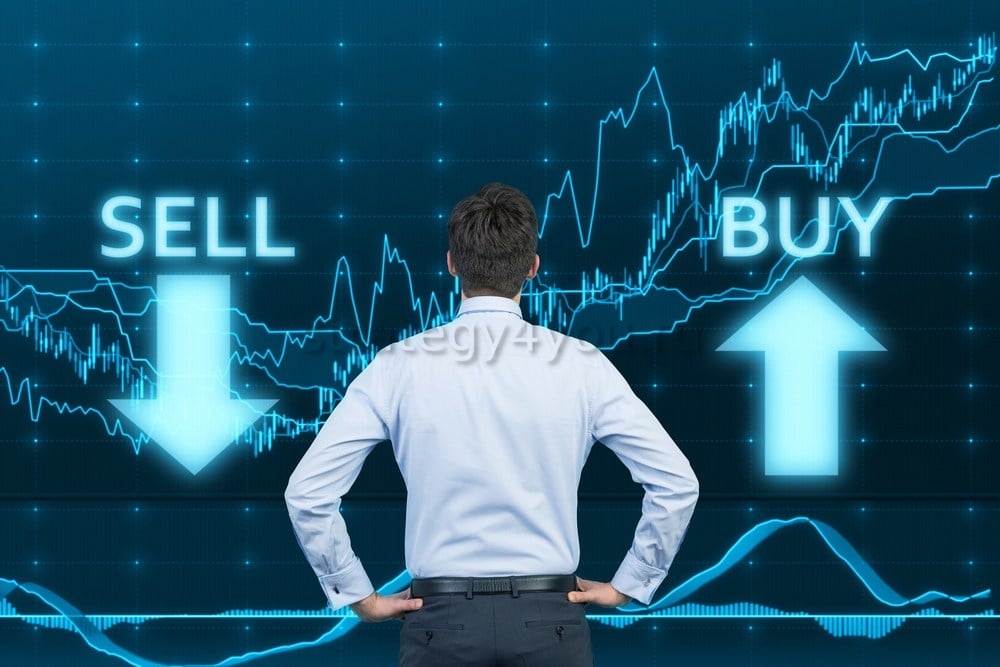
No one is immune from losses
Even if you manage risk effectively and maintain strict discipline, there are areas where you can lose money. Let’s say a trader has a deposit of $6,000. He makes an estimated $3,000 a year from
day trading .. But not all $3,000 goes into his pocket as profits. Suppose, when buying and selling assets, he pays commissions, the total amount of which per transaction is $5. If we calculate the annual number of transactions, and there may be hundreds of them and the total amount on the commission, then a decent amount comes out that the trader paid from his income. This happens if the trader does not choose a broker and does not calculate commissions. At first glance, they seem like an insignificant amount, but you can’t argue with mathematics. But the good news is that the trader has the ability to optimize such questions. But what if you find a broker whose commission is less by $1 or $2? Then the annual balance will also change significantly in favor of the trader.

What to do then?
What is the most important thing to really make money on trading? Is the secret in strategy or successful risk diversification? The answer lies in another plane: the frequency of transactions affects the level of profit. Trading can be compared to tossing a coin. If heads come up, then a profit of $1 shines, for tails, you can conditionally count on $2. But if you can only toss a coin once, it is unlikely to change the financial balance in life. If you throw a coin 200 times a day, the results will already be different. But is it possible to maximize the frequency when it comes to short-term trading, where a lot depends on automated strategies? Virtu published an IPO example of this approach. In its report from January 1, 2009 to December 31, 2013, the company had only one losing day out of all 1238 days in daily high-frequency trading. This does not mean that every trader can repeat such dynamics. But at
high-frequency trading increases the chance to close a certain period with a plus. Trading – what it is, types and how the process takes place, books for beginner traders from scratch: https://youtu.be/LtxCOlPw4Yw
Make money trading without doing anything
There is a sobering statistic that only about 10% of traders are considered effective. Only 1% actually earn large amounts, while 89% regularly lose their funds. By inertia, a novice trader again asks the question: is it possible to make money on trading? There is an anti-strategy how not to be among those 89% who lose money. In order not to lose money where everyone is losing, it is enough not to take any action for a certain time. Meanwhile, the market lives its own life, active traders lose money. You don’t lose anything, but you don’t gain anything either. This does not lead to a change in the financial balance, but from the point of view of analysis, this factor may be interesting. If we calculate how much the losses of active traders amounted to and compare with our own potential loss,
Is it possible to make money trading in Russia – stereotypes and facts
You can earn or lose on trading in any country. The Internet has made conditions equally accessible to everyone. Now the location of a person does not play a decisive role. But there are many other factors that affect how much you can earn from trading per day, or per year. These factors are related to the information noise that this area has acquired. Let’s consider them in detail:
- ” Trading, investing, cryptocurrencies, etc. is a gamble .” There is such a stereotype. In fact, billions of dollars of money are spinning in these areas. Stereotypes are propagated by those who have not been able to successfully integrate into this environment. And according to statistics, these are at least 60% of those who were resolute at the beginning of the journey.
- ” Only a person with a background in economics or finance can invest successfully .” Practice shows that many successful traders came to this area by chance, having been working as another specialist for a long time. Among successful investors there are even humanitarians.
- ” You can only play trading with extra millions .” There are many examples of today’s young millionaires starting out with a few hundred dollars. In trading theory, risk diversification is given enough attention to keep people from losing money. Leverage allows you to use other people’s borrowed funds.
- “ If you find a good course of study, you can become a highly effective trader .” This stereotype is formed from the marketing texts of “infogypsies”. With the growing relevance of the topic of investing and cryptocurrencies, the demand for educational materials in this area has also grown. A lot of crooks have popped up selling “magic courses that will make you a millionaire in a week.” In fact, training is necessary for every trader. But the essence of knowledge in this area is not to make millions. Adequate courses teach quite specific things: how to analyze the market, how to track trends, forecast market behavior, loss insurance technologies, and so on.
- ” Trading is easy money .” In fact, traders have an extremely high psychological burden. No one guarantees a profit at the start. Training and development of practical skills requires years spent on the stock exchange. No social package is provided by anyone. Own emotions associated with unsuccessful transactions can become a source of problems both in the present and in the future, preventing the implementation of new strategies.
Such stereotypes dissolve on their own as the structure of the financial market is understood. But it makes sense to be careful with advertising in this area. Marketing and advertising affect emotions, and the field of trading is for those who are friends with critical thinking and do not lose their vigilance under the influence of emotions.
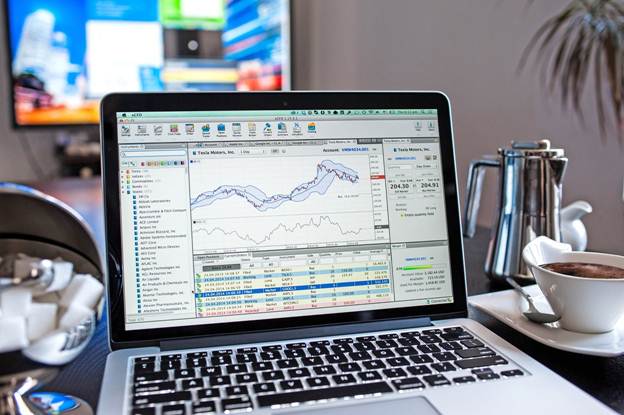
Real stories of success and failure
The field of trading is full of stories of dizzying successes and ridiculous failures. Experts in this field are well aware of the name of Chen Likui, a Chinese trader. This man in 2008, against the backdrop of a general crisis, managed to increase his capital by 60,000%. Many Twitter users follow the profile of a certain cissan_9984. An incognito person publishes screenshots from his cases, where he earned almost $180,000,000 within 2 years. The man did not stop there, did not reveal his face to the public, but simply continues to trade. Most of them become book authors and earn extra millions from their sale. Different sources of information rank the best traders by country, by year, by amount of capital, by scope, etc. In the global trading arena, the following persons are considered the best:
- Larry Williams . His phenomenon is that he managed to make $1,100,000 out of $10,000 in a year. He has 40 years of trading experience. He publishes his books and additionally earns millions from them.
- Peter Lynch . This man was not born an investor. He became one at the age of 52. He managed to earn more than 20 million US dollars in three years with a starting capital of 17 thousand dollars.
- George Soros . There are rumors that Soros’ billions are earned on speculation. At the same time, he was not friendly with technical analysis. He was able to quickly establish several hedge funds, further increasing his capital.
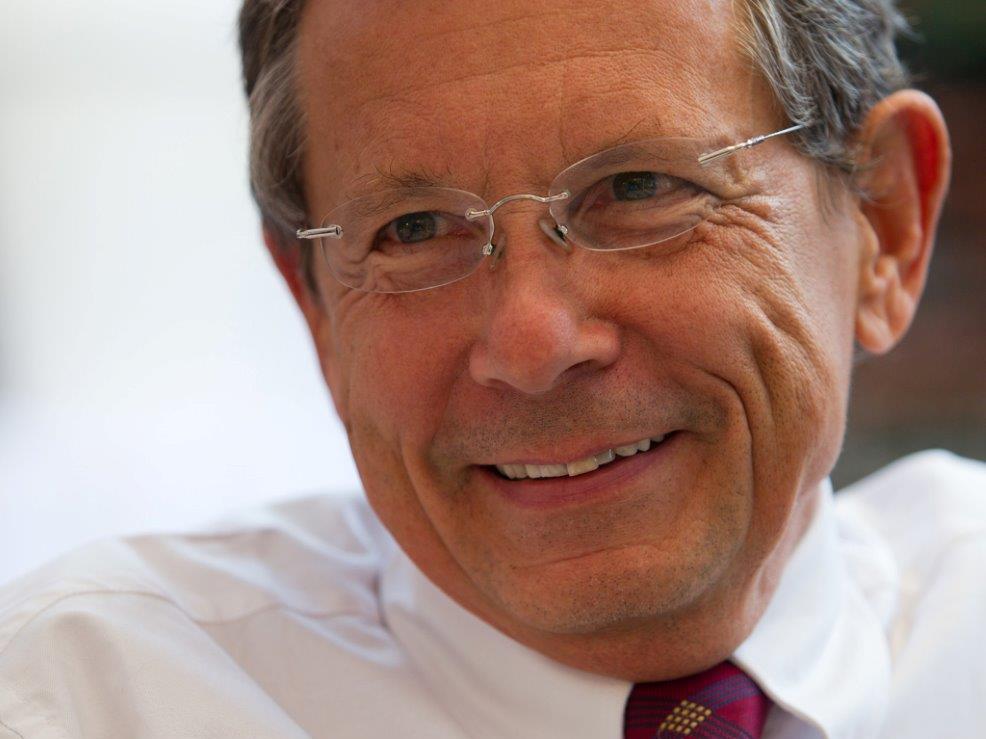
- Alexander Gerchik, founder of FINAM;
- Alexander Elder, owner of Financial Trading Seminars;
- Evgeny Bolshikh, owner of a hedge fund in the USA;
- Oleg Dmitriev, private broker;
- Timofey Martynov, lecturer at smart-lab;
- Andrey Krupenich, private trader;
- Vadim Galkin, is engaged in private investment;
- Ilya Buturlin – participant of the world championship of traders;
- Alexey Martyanov – winner of the title “Best Private Investor” for 2008;
- Stanislav Berkhunov is a private investor, part of topsteptrader.
As for the volume of earnings, it is impossible to find unambiguous information here. The curious did not even manage to find out in what currency investors measure their finances. There is a chance to get closer to the truth if you try to operate in terms of the percentage of return on investment. Newcomer interest rates often have a minus sign in front of them. This is an area where the lack of experience, knowledge or other key factor requires payment in cash. The second category is considered amateurs. They can become after 1-2 years of active trading. At this stage, the average trader’s income can vary by 2-5% per month. If you manage to successfully manage risks, some reach rates up to 10-40%. After a few years of trading, a trader can be considered a professional. Income of this class varies around 20-30%.
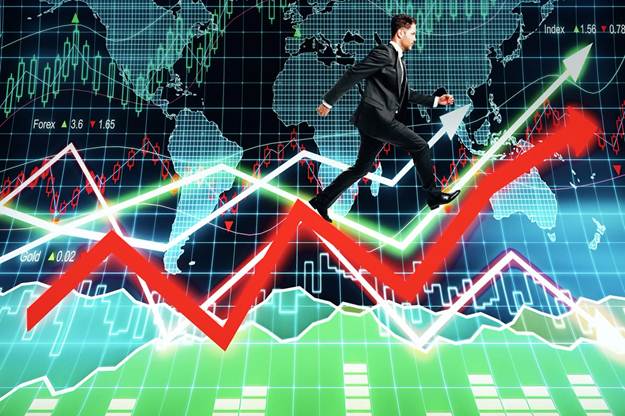
Data
The volume of working capital in the foreign exchange market exceeded $85 trillion. Of this amount, 1.5 trillion. owned by the New York Stock Exchange. A significant part of the funds belongs to large financial conglomerates and banks. But these organizations are driven by ordinary full-time traders. There is nothing secret in the work of these conglomerates. All their activities are based on analysis and forecasting.
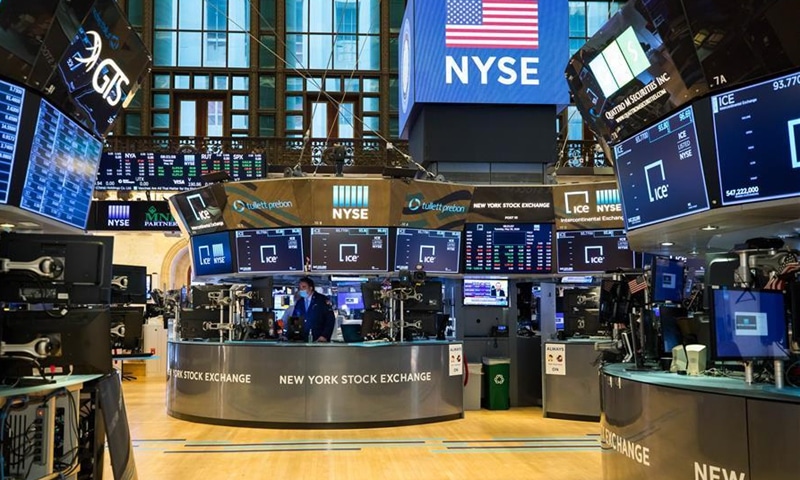




Кантип уйроном мен тушунбой атам